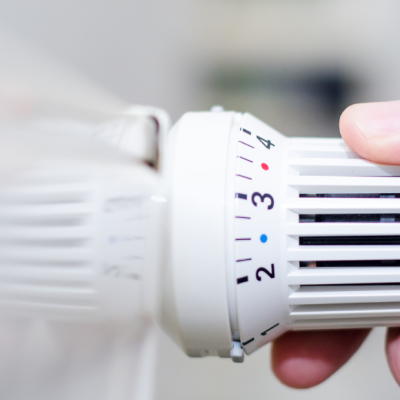Germany Launches Pilot Project for Universal Basic Income
Germany’s Institute for Economic Research (DIW) in Berlin, in collaboration with Mein Grundeinkommen e.V., is offering a three-year unconditional basic income of €1,200 to people with permanent residency in Germany. The project is part of a pilot program aimed at studying the effects of universal basic income on society. Interested individuals can apply through the internet portal until November 10, 2020, and the basic income will be distributed starting next spring. As of September 14, 1,891,640 people have registered for the project. The lucky winners will receive €1,200 per month for three years, which they can use freely. The basic income is financed through donations from 149,146 private individuals.
Mein Grundeinkommen e.V. has been conducting social experiments on basic income since its founding in 2014. The organization has given away 650 one-year basic incomes of €1,000 per month through donations. The effects of this social experiment were published in the book “What Would You Do?” The organization also conducted qualitative interviews to determine the societal effects of basic income. Although there were initial indications of improved quality of life, there were no scientifically sound results due to the short distribution period of only twelve months.
According to Marcel Fratzscher, President of DIW in Berlin, “the COVID-19 pandemic has made many people aware of how important strong social systems and a truly universal basic security are for society as a whole.” The upcoming pilot project aims to investigate whether unconditional basic income makes people lazy or increases the creativity and productivity of society. The amount of €1,200 is based on the official poverty threshold, which according to the Federal Statistical Office (Destatis) in Germany is €1,135 for a single person. Recipients of the basic income must fill out a questionnaire every six months, which will form the basis of the quantitative study. In addition, 1,380 other people who do not receive basic income will also fill out the questionnaire as a comparison group. Recipients of the basic income and people from the control group can also voluntarily participate in in-depth interviews and experiments on stress levels to provide further data to the research institute.
This pilot project is a significant step towards understanding the potential benefits and drawbacks of universal basic income. It will be interesting to see the results of the study and how they will impact future policy decisions.







